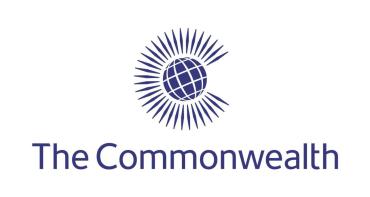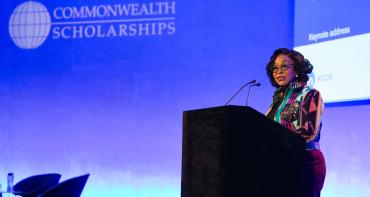Opening Remarks delivered by the Commonwealth Secretary-General at the 25th Commonwealth Foreign Affairs Ministers Meeting (CFAMM) at the United Nations Headquarters in New York on 22 September 2025.
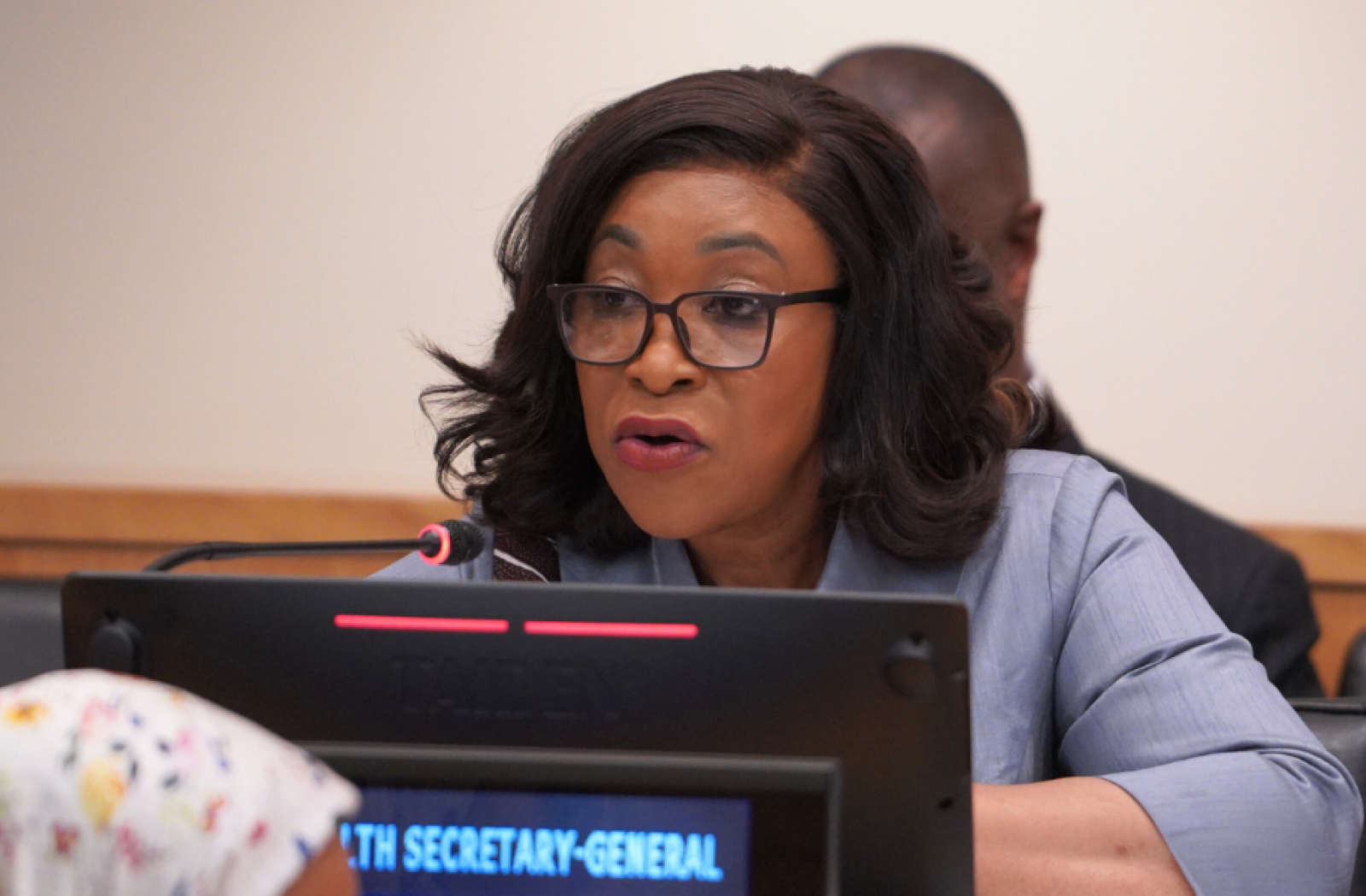
It is my profound honour to address you today, at my first Commonwealth Foreign Affairs Ministers Meeting as Secretary-General.
Let me begin by welcoming the Hon. Toelupe Maoiautele Poumulinuku Onesome, Deputy Prime Minister of the Independent State of Samoa, who is representing Hon. La’auliolemalietoa Polataivao Fosi, the Prime Minister and Foreign Minister, the Chair-in Office. Samoa has been a tireless leader of our Commonwealth, and I pay tribute to the Hon. Fiame Naomi Mata’afa for her enormous contribution to our organisation.
Let me also say a special word of welcome to the new Foreign Ministers who are participating for the first time in CFAMM.
Hon. Ministers, I wish to start with a note of recognition. I have sat in your chair. I know the weight of responsibility you carry. I understand the pressures you face – to defend your nations’ interests, to navigate global turbulence, and to serve your people with wisdom and care.
That is why I feel such privilege in standing before you now – not as an outsider, but as one who has walked this same path, and continues to stand shoulder to shoulder with you.
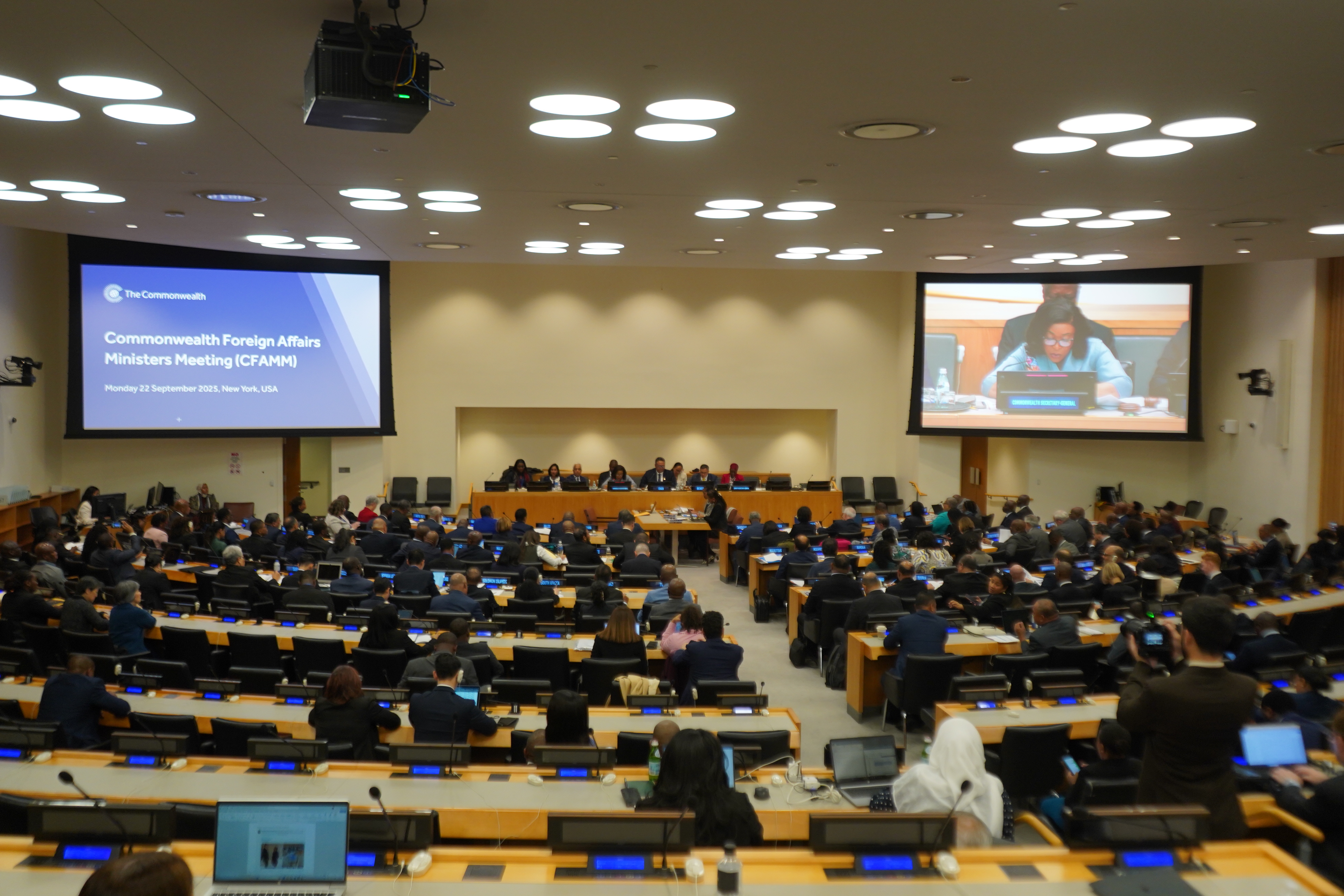
Chair, we meet in New York at a time of profound upheaval. The world is experiencing a wave of overlapping crises: multiple shocks, feeding and worsening each other.
Conflicts rage in different regions, destabilising peace and security. Economic fragility, debt distress, and fractured supply chains are squeezing households and governments alike.
Climate change is no longer an emergency – it is today’s reality, visible in extreme heat, floods, fires, and failing harvests across our nations.
At the same time, democracy is under strain, with a widening gulf between expectations and delivery. Trust in institutions is fraying. Misinformation and polarisation erode the very foundations of governance.
None of us is untouched by these forces. And all of us feel their daily impact on diplomacy, development cooperation and the lives of our people.
And, my colleagues, here is the truth: None of these intersecting crises respects borders. None can be solved in isolation. And none can be addressed by retreating from cooperation. The multilateral system is under serious pressure – but it remains our greatest tool.
Without it, the fractures in our world will deepen. With it, we can still find solutions.
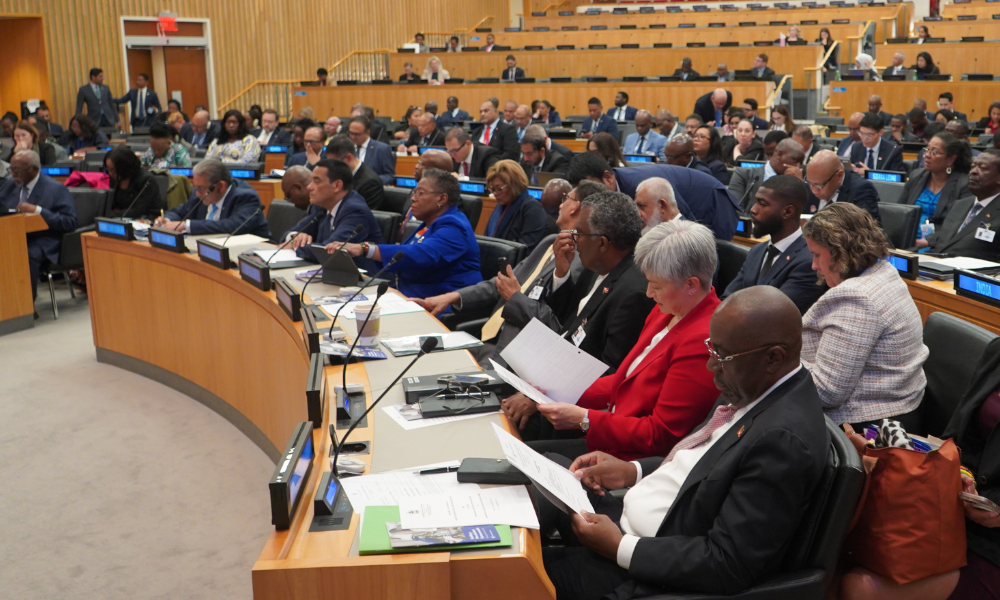
And it is here that the Commonwealth has a vital role to play. Let me be clear. Before the most recent undermining of the rules-based international system, including the use of tariffs to attack global growth prospects, our nations at the United Nations Summit for the Future had acknowledged that the existing international system could not be the basis for resilience building and shared prosperity. And that applied to both industrialised and developing countries.
My vision for the Commonwealth is rooted in this conviction: that in a world defined by disruption and division, the Commonwealth must be defined by purpose and unity.
We are 56 nations across five continents. We represent one-third of humanity, most of it young. We have some of the largest and fastest-growing economies in the world, and some of the smallest. We share institutions of law, language, and democracy. We trade with each other at lower cost and higher trust.
That is not just history. It is advantage. And it is opportunity.
My vision is of a Commonwealth that harnesses these strengths with focus and clarity:
- A Commonwealth that defends and renews democracy, going beyond established order to make it real in people’s lives.
- A Commonwealth that drives economic transformation, built on trade, investment, and innovation, as well as debt treatment and concessionary funding, sensitive to vulnerability, with small and vulnerable states at the centre, not the margins.
- A Commonwealth that leads in climate action, unlocking finance and technology and leading a renewable energy revolution that supports our countries that need it, creating massive opportunity for Commonwealth businesses.
- A Commonwealth that champions women and young people, including an unprecedented youth education, skills and entrepreneurship revolution through distance education and STEM for young girls.
Above all, a Commonwealth that demonstrates – by its very existence – that multilateralism can work for all its members.
That even from the most challenging contexts, nations can come together – not because they are the same, but because they know that when we stand together, we can make our values work for our people and advance our collective interests.
Our world needs hope, cooperation, and solutions. The Commonwealth can provide all three.
I look forward to our discussion this morning on the global situation, its implications for the Commonwealth and our role in addressing them.
And I hope that you feel today’s meeting represents a step change in both the direction and the practice of the business we do together. We have already seen what progress looks like this year, in our Health and Trade Ministerial meetings. Both produced clear, actionable outcomes, showing the Commonwealth at its best: focused, practical, and responsive.
I am determined, and look to your support, that these ministerial meetings — and our Heads of Government Meeting — should be more purposeful, action-oriented and results-oriented and effective. They must make the best possible use of your time, hugely valuable to you, and deliver implementable solutions for resilience building and shared prosperity.
I have accordingly shared proposals for the reform of the CHOGM with our Chair-in-Office for the necessary consultations and possible decision by CFAMM next year. To address the pressing challenge of new indications of interest in membership, I have also shared with the Chair- in-Office proposals for a policy on new membership.
The Board of Governors of the Commonwealth Secretariat has also reviewed my proposals for a new cycle for other ministerial meetings that emphasise implementation and follow-up, based on data and evidence, as well as lessons learned, instead of automaticity.
Finally, on CFAMM, I am proposing for your consideration a possible change in date and venue from next year, to ensure the maximum attention of Foreign Ministers and also to bring Ministers to London during Commonwealth week. In this connection, I have been engaged in consultations with the host Government on a possible retreat/CFAMM in London on 8th March 2026.
When I campaigned for the position of Commonwealth Secretary- General, I said the Commonwealth ought to be the second most consequential organisation, after the United Nations.
Today, the United Nations is reeling and the turmoil in global markets and politics has created the opportunity for the Commonwealth to become the most consequential international organisation for its members. I look forward to our deliberations today, as we rise to this profoundly important moment together.
Defending cooperation when others retreat. Building trust when others sow division. Acting with conviction when others hesitate.
If the world is to find a way through the storms of our age, then the Commonwealth should surely be part of the compass.
Let us get to work.
Thank you.
Commonwealth Foreign Ministers unite at UN to champion multilateralism and drive reform


